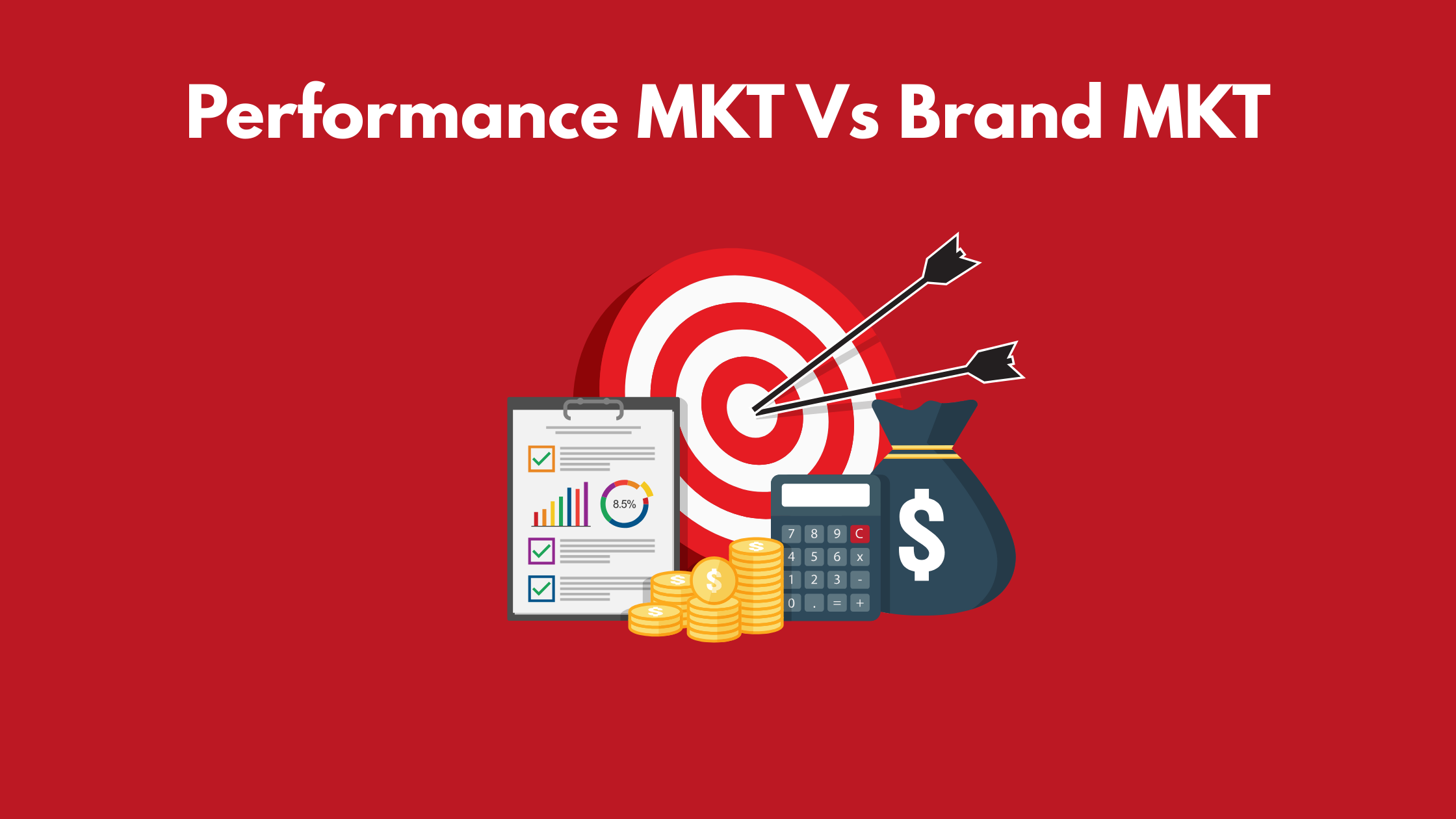.png)
Full Stack Development is shaping the future of IT projects by enabling developers to handle both frontend and backend tasks seamlessly. With its versatility, cost-effectiveness, and faster development cycles, full stack expertise is in high demand across industries. This blog explores the benefits, key technologies, and emerging trends—such as AI, blockchain, and IoT—that make full stack development a crucial skill for modern IT solutions.
-
Introduction to Full Stack Development
-
The Evolution of IT Projects
-
Why Full Stack Development is the Future
-
Versatility and Flexibility
-
Cost-Effectiveness
-
Faster Development and Deployment
-
Seamless Integration Across Technologies
-
High Demand in the Job Market
-
-
Key Technologies in Full Stack Development
-
Frontend Technologies
-
Backend Technologies
-
Database Management
-
DevOps and Cloud Computing
-
-
Benefits of Hiring Full Stack Developers
-
End-to-End Project Management
-
Reduced Dependency on Multiple Specialists
-
Improved Problem-Solving Abilities
-
-
The Role of Full Stack Development in Emerging Tech Trends
-
AI and Machine Learning Integration
-
Blockchain Applications
-
IoT and Edge Computing
-
Progressive Web Apps (PWA)
-
-
Case Studies: Successful Full Stack Implementations
-
How to Become a Full Stack Developer
-
Essential Skills
-
Learning Pathways
-
Career Opportunities
-
-
Conclusion: The Future of IT Relies on Full Stack Development
Introduction to Full Stack Development
Full Stack Development is the capacity to develop on both the front and backends of applications, providing a smooth and effective development process. With increasing complexity in IT projects, full stack developers act as a connecting link between various technologies.
The Evolution of IT Projects
From monolithic programs to microservices architecture, IT development has witnessed widespread changes. With the advent of agile approaches and cloud computing, corporations require developers who are proficient in managing various aspects of a project effectively.
Why Full Stack Development is the Future
Versatility and Flexibility
Full stack developers are proficient in multiple technologies, making it easier for them to work with varied project demands.
Cost-Effectiveness
It is more cost-effective to employ one full stack developer than to have different frontend and backend teams.
Quicker Development and Deployment
Having an in-depth knowledge of both client-side and server-side development, full stack experts can accelerate the project cycle.
Smooth Integration Across Technologies
Full stack developers provide smooth communication between frontend and backend parts, lowering compatibility problems.
High Demand in the Job Market
There is an increasing need for full stack developers as corporations look for skilled professionals to manage end-to-end development processes.
Major Technologies for Full Stack Development
Frontend Technologies
HTML, CSS, JavaScript
React.js, Angular, Vue.js
Backend Technologies
Node.js, Python, Java, Ruby on Rails
Express.js, Django, Spring Boot
Database Management
SQL (MySQL, PostgreSQL)
NoSQL (MongoDB, Firebase)
DevOps and Cloud Computing
Docker, Kubernetes
AWS, Google Cloud, Azure
Advantages of Hiring Full Stack Developers
End-to-End Project Handling
Full stack developers handle whole project development from UI/UX to database administration.
Less Reliance on Multiple Experts
Since full stack developers possess cross-functional knowledge, there is less reliance on several domain experts.
Enhanced Troubleshooting Capabilities
With a complete knowledge of the development process, developers can troubleshoot and debug problems more effectively.
Full Stack Development's Role in Emerging Technology Trend.
Integration with AI and Machine Learning
Full stack developers are integrating AI features into web and mobile applications.
Blockchain Applications
From smart contracts to decentralized applications (DApps), full stack knowledge is a prerequisite for blockchain development.
IoT and Edge Computing
Full stack developers are involved in integrating IoT devices with cloud-based applications for processing data in real-time.
Progressive Web Apps (PWA)
PWAs blend web and mobile features, providing improved performance and offline access.
Case Studies: Successful Full Stack Implementations
Netflix – Employs full stack technologies to deliver content without any hassles.
Airbnb – Utilizes full stack development for its scalable booking platform.
Uber – Implements real-time tracking and ride management using full stack solutions.
How to Become a Full Stack Developer
Key Skills
Become proficient in frontend and backend programming languages
Acquire database and cloud service knowledge
Learning Pathways
Online courses (Udemy, Coursera, freeCodeCamp)
Hands-on projects and open-source contributions
Career Opportunities
Full Stack Developer
Software Engineer
DevOps Engineer
Technical Lead
Conclusion: The Future of IT Depends on Full Stack Development
With fast-changing technologies, full stack development is gaining prominence as an essential for IT projects. Agile, efficient, and expandable solutions appeal to businesses, hence full stack skill becomes an important resource in the digital landscape
Logixhunt is an IT company that provides cutting-edge services in the fields of website development, software development, and mobile app development. Logixhunt is dedicated to providing quality services to our clients, and helping young college students learn the most in-demand skills in the industry. We offer 3 and 6 months internship programs to college students, so they can stay up to date with the latest trends in the field. Our experienced team of professionals is always ready to help students hone their skills and become the next generation of tech professionals.


.png)